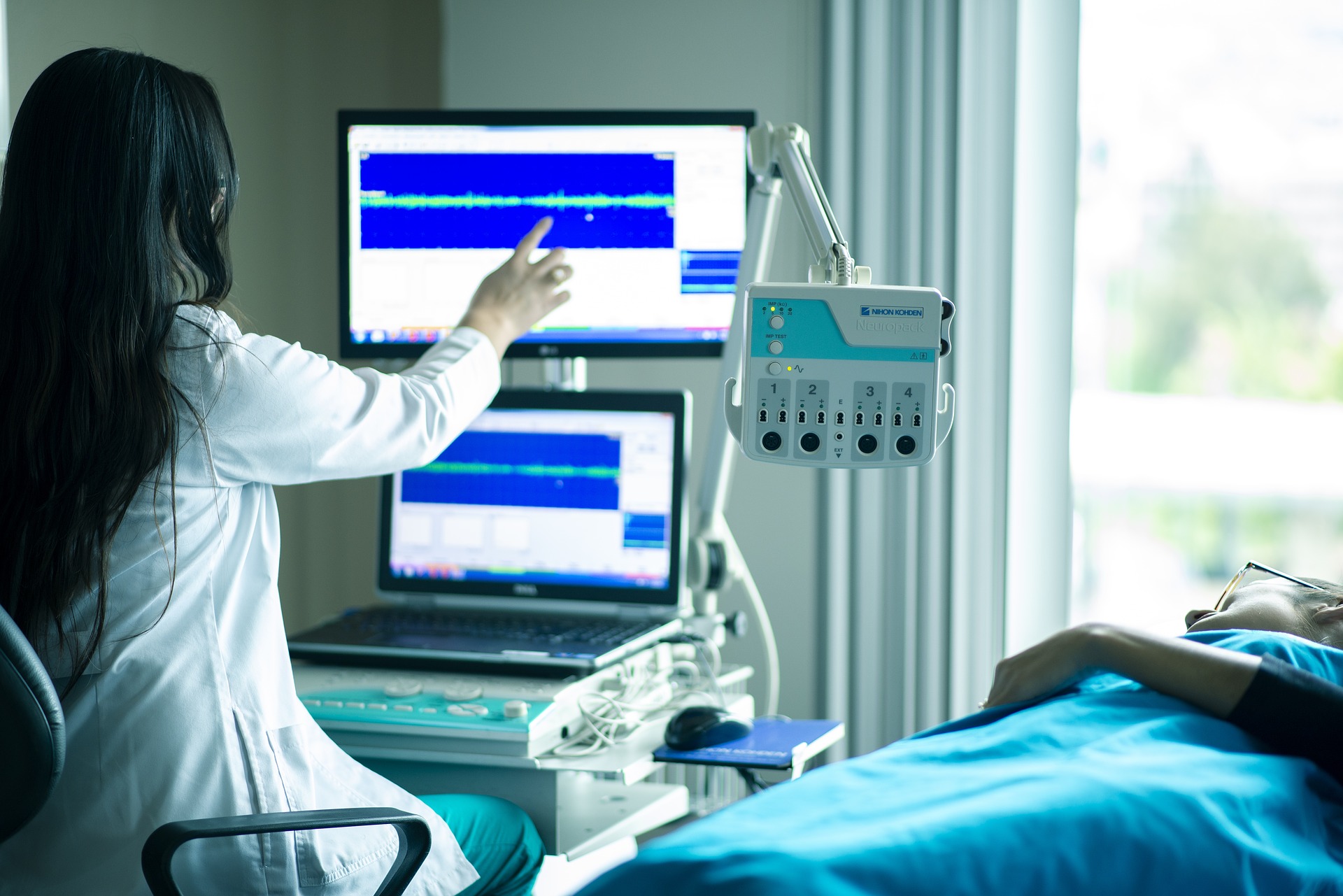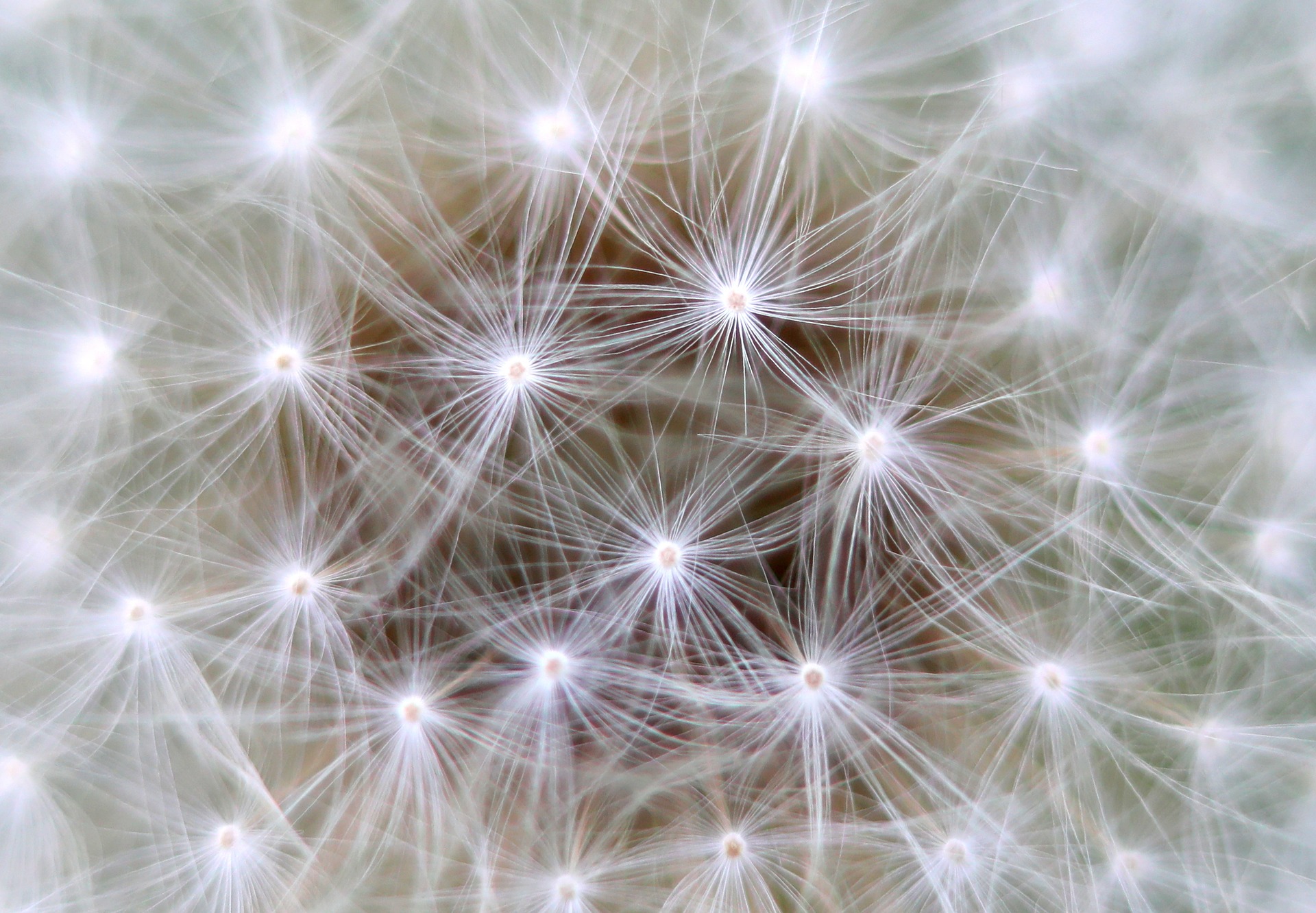Proudly Serving Veterans
with TriWest Insurance
We utilize the latest FDA-Approved TMS Therapy to treat Veterans. Call (619) 648-5350 Today!
TMS for Obsessive Compulsive Disorder
TransCranial Magnetic Stimulation
Solara Mental Health now offers a promising, relatively new type of therapy for OCD in San Diego: TransCranial Magnetic Stimulation. TransCranial Magnetic Stimulation (TMS) is a painless and non-surgical method for treating various mental health disorders. It is safe to use and allows patients to undergo treatments comfortably, without adverse side-effects.
TMS has been used since the 1980s for clinical testing and neuroscience research. In 2008 the FDA approved TMS for the treatment of depression and in 2013 the FDA approved a type of Transcranial Magnetic Stimulation that reaches further into the brain called Deep TMS. This treatment uses an “H-shaped” coil to stimulate areas of the brain that are farther away from the surface of the scalp. Deep TMS allows doctors to target the neural networks of the brain that are responsible for a wider variety of mental health disorders, including OCD.
What is Obsessive Compulsive Disorder?
Obsessive Compulsive Disorder (OCD) is a mental illness that causes people to have thoughts and habits that are out of their control. The causes of the disorder are complex and are still not completely understood by the medical community. Equally complex are the symptoms of OCD. Every person suffering from OCD has their own, individual fears and obsessions that cause compulsive behavior. However, there are some similarities among patients diagnosed with the disorder. OCD is an anxiety disorder highlighted by obsessive thoughts and behaviors that the patient is compelled to repeatedly engage in.
Some of the more common symptoms of OCD include:
Obsessions
- A need for symmetry and order
- Fear of germs or dirt
- Aggressive thoughts or urges
- Irrational fear of harm or of loved ones getting hurt
- Being hyperaware of bodily functions
Compulsions
- Excessive cleaning
- Repetitive hand-washing
- Arranging items in a precise way
- Checking things repeatedly
- Compulsive counting
- Fear of touching doorknobs or handrails ect.
- Performing tasks in a particular order
- Doing tasks a specific number of times
The causes of OCD are still not completely known, but it is thought to have a genetic component. People with a family history of OCD have a higher chance of acquiring it themselves. Research has shown that people with OCD interpret information differently than those without the disorder. Studies using brain imaging technology have shown that there are visible structural differences in the neural networks of people who suffer from OCD.
This could help to explain why a person who suffers from OCD would attach an abstract fear of their loved ones being injured to a common household task like flipping a lightswitch. By examing the way that the brain’s of OCD patients create networks that connect thoughts and actions it is possible to manage the symptoms of OCD.
Treatment for Obsessive Compulsive Disorder
There was a consensus in the medical community that OCD symptoms were a result of an imbalance in brain chemicals (also called neurotransmitters). Medications like SSRIs have traditionally been used to treat these symptoms. For many people, adjusting the brain’s chemistry has been successful in alleviating OCD symptoms. However, for about 40% of patients diagnosed with OCD, adjusting the brain’s chemistry with medication has not been an effective treatment.
Psychiatrists have recently realized that the structure of the brain’s neural networks plays a bigger part in OCD than they previously thought. These neural networks are used by the brain to transport information from one section to another. Because of this, treatment techniques have changed from focussing on altering the brain’s chemistry with medication to looking at how these neural networks function to regulate different aspects of our behavior. This opened the door for new treatment methods that focus on neural networks to help people who have not had success with other treatment methods.
Brain Stimulation Therapies are a group of treatments that use devices to change the electrical activity in specific areas of the brain. This change alters the flow of information through those networks. By altering the flow of information through the brain, specialists are able to change patterns in the brain that lead to mental disorders. This results in better mental functioning and an increased level of well-being for patients suffering from treatment-resistant OCD. The most successful and non-invasive method of brain stimulation therapy is TransCranial Magnetic Stimulation.
How Does TMS work?
Transcranial Magnetic Stimulation (TMS) can change brain activity without the need for surgery or the possibility of harmful side effects. Compared to other forms of brain stimulation therapy, TMS is remarkably simple and safe. The treatment involves applying electromagnetic currents to the head of the patient and using them to target areas of the brain.
During a TMS session, patients sit in a comfortable chair while the operator places a small device over a specific section of their head. Electromagnetic pulses then travel to the brain where they turn into electricity and cause brain cells to fire in the targetted area. This causes a chain reaction that awakens other neurons within their connected network. The amount of stimulation used and where it is targetted varies for each patient depending on their diagnosis and an assessment of their brain’s sensitivity to stimulation.
A typical TMS session lasts about a half-hour. Daily sessions, Monday through Friday, are recommended to receive the best results. Daily treatments typically last for 6 weeks before they decrease in frequency. TMS treatments are so non-invasive that patients can drive to our Mental Health Treatment Center on their own, receive treatment, and then continue with their day.
Contact Us About TMS
For more information about TMS Treatment, fill out the form below!





